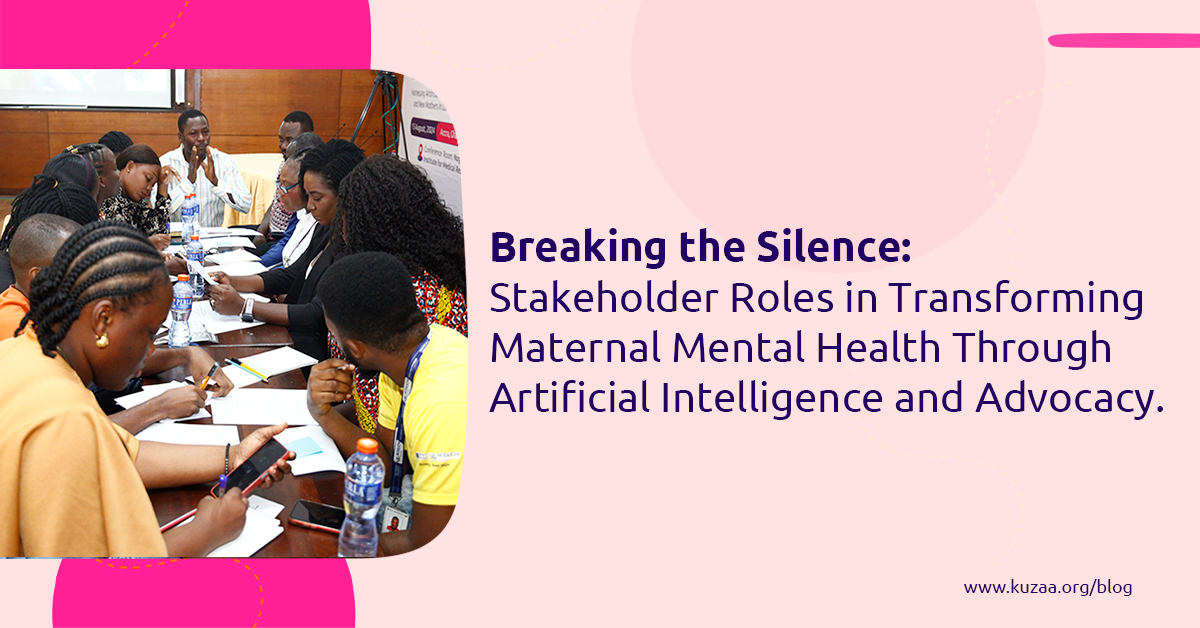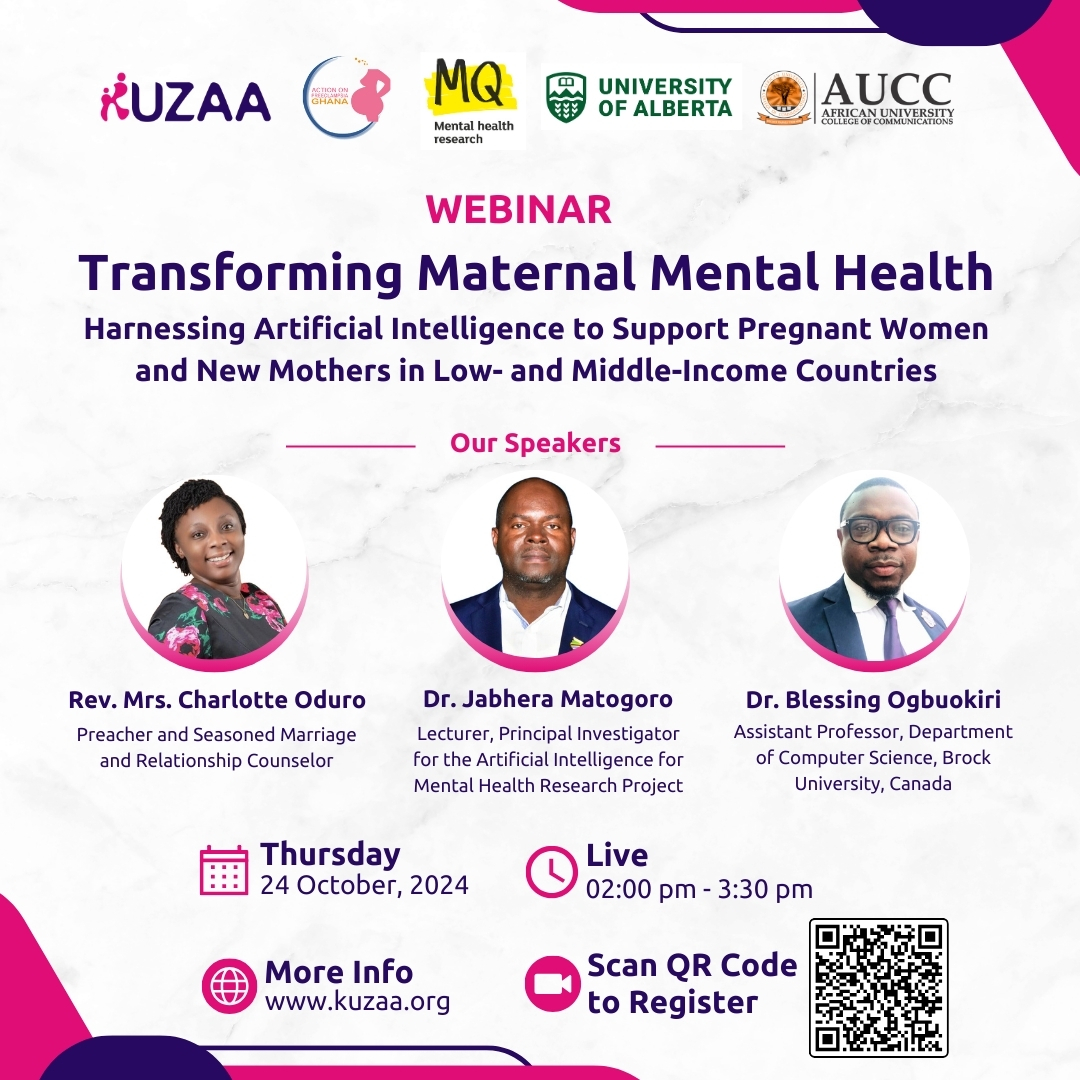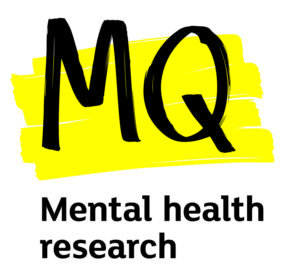The perinatal period unfolds over months, from conception to the first year after birth. It is a miraculous journey of growth and preparation, setting the stage for the adventure of life outside the womb. The experience of pregnancy is personal and varied, shaped by individual circumstances, cultural backgrounds, and personal beliefs. Despite the challenges, pregnancy is often described as a profoundly rewarding and life-changing experience.
The prospect of bringing new life into the world often brings immense joy. However, challenges during the perinatal period may counteract this joy. For instance, morning sickness, fatigue, hormonal changes and pregnancy-related adjustments to accommodate the new life can reduce the expected joy of potential mothers. The swings of emotions during this period range from joy and excitement to anxiety and uncertainty likewise the realization of impending parenthood which often brings about a mix of anticipation and worry.
A prolonged lingering concern about these emotions and changes leads to anxiety and possible depression. Perinatal depression and anxiety (PDA) are mental health conditions that can affect women during pregnancy and the first year postpartum. An initial excitement about pregnancy and a progressive experience of persistent sadness and anxiety marks this.


Women experiencing PDA struggle with insomnia, changes in appetite, fatigue, and constant worry about the ability to be a good mother. Simple tasks become overwhelming, and she finds it hard to connect with the growing life inside her. These feelings persist and intensify after childbirth, affecting the woman’s ability to bond with her newborn. Realizing she needs help; she reaches out to healthcare providers and begins to receive treatment such as cognitive or interpersonal therapy. She may also find comfort in learning from the experiences of other mothers who have faced similar challenges.
With professional support, therapy, and an understanding of her community, she can recover. As the cloud of depression and anxiety lifts, she can experience the joys of motherhood more fully. The support of partners, family, friends, and healthcare providers plays a crucial role in managing pregnancy’s emotional difficulties to prevent the onset of perinatal anxiety and depression.
The road through perinatal depression and anxiety is often a challenging experience, marked by a complex interplay of emotions and mental health struggles. This narrative highlights the importance of recognizing the signs of these conditions early, the critical role of supportive interventions, and the power of community and professional support in fostering recovery. As we continue to advance our understanding and resources, we move closer to ensuring that every mother has the support she needs to navigate this pivotal period with resilience and hope, ultimately fostering healthier families and communities.
Join us on this journey as we unveil the struggles of mothers before, during and after birth. We also aim to explore existing resources and support in dealing with perinatal depression and anxiety.
Thanks for reading.











One Response
Great information. Thanks for sharing Kuzaa!